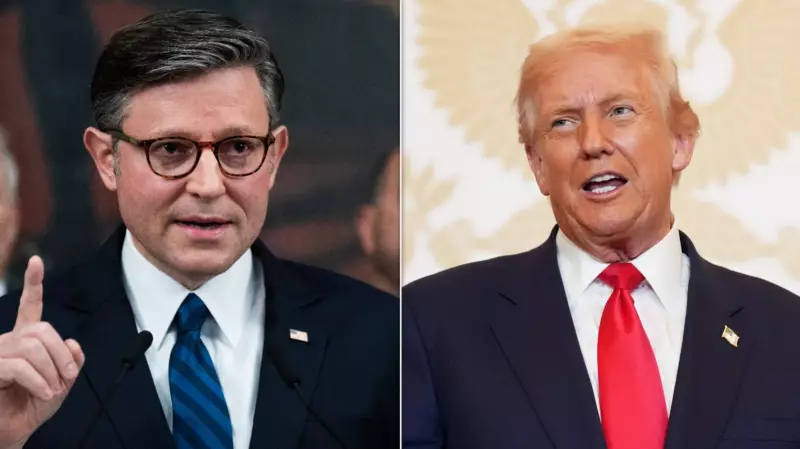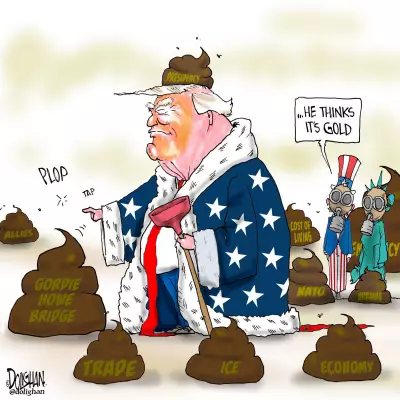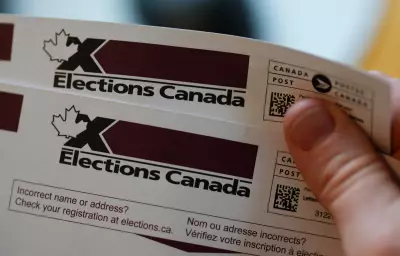
During a recent government shutdown, as millions of American families faced uncertainty about putting food on the table, political leaders claimed their hands were tied when it came to continuing food assistance programs. This assertion of powerlessness, however, stands in stark contrast to available evidence and legal precedent.
The Claim of Powerlessness
When the Trump administration opted not to access contingency funds that could have maintained the Supplemental Nutrition Assistance Program (SNAP), officials insisted they lacked the legal authority to act. House Speaker Mike Johnson (R-La.) told reporters, "There's no legal mechanism to do it." Similarly, Rep. John Rose (R-Tenn.) stated on CNN that the administration believed those funds couldn't be used for this purpose.
This portrayal of helplessness emerged as families nationwide worried about food security. Yet legal experts, previous presidential actions during earlier shutdowns, and even a memo from Donald Trump's own U.S. Department of Agriculture suggested the government indeed possessed the authority to continue SNAP funding during budgetary impasses.
The Psychology of Violent Innocence
This phenomenon of causing harm while maintaining a facade of innocence has a name: violent innocence. Alexandra Cromer, a licensed therapist with Thriveworks, explains that "violent innocence is a term that posits that a person or institution can cause significant harm while remaining morally ambiguous and/or seemingly 'unaware' that they are causing it."
The concept, primarily outlined by psychoanalyst Christopher Bollas, represents an aggressive "form of denial." Cromer describes this mindset as a form of willful ignorance where "an institution or person is maintaining a level of unawareness to protect or preserve their belief that they are not harmful and do not cause active harm."
This cognitive mechanism allows people and institutions to defend their self-image against the reality of the damage they're causing. Violent innocence can be dangerous because it posits that growth is not an ongoing process of gaining conscious awareness, Cromer noted.
Political Applications and Consequences
While this dynamic appears in personal relationships, its most potent examples emerge in national politics, where the consequences affect millions. When leaders choose not to release emergency funds for SNAP benefits during a government shutdown while claiming powerlessness, they engage in violent innocence.
The insistence on procedural purity functions as a moral shield, obscuring the real-world impact of their decisions. Families lose crucial food assistance while decision-makers frame their choice as unavoidable. By insisting "we can't do anything," lawmakers disown their agency, making preventable harm appear inevitable.
Cromer emphasizes that healthy individuals and institutions view feedback and awareness as constants. The first step toward real accountability is an openness to feedback — even feedback you disagree with — as a requirement for health, she said. Breaking the pattern of violent innocence means choosing awareness over comfort and accepting that growth strengthens rather than threatens integrity.





